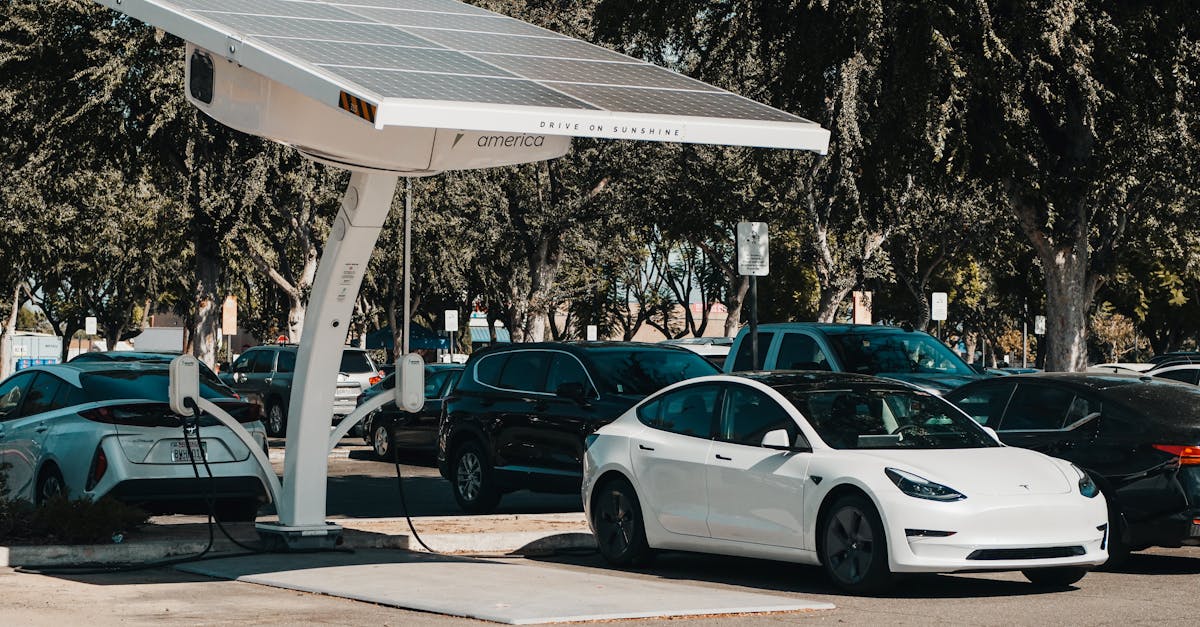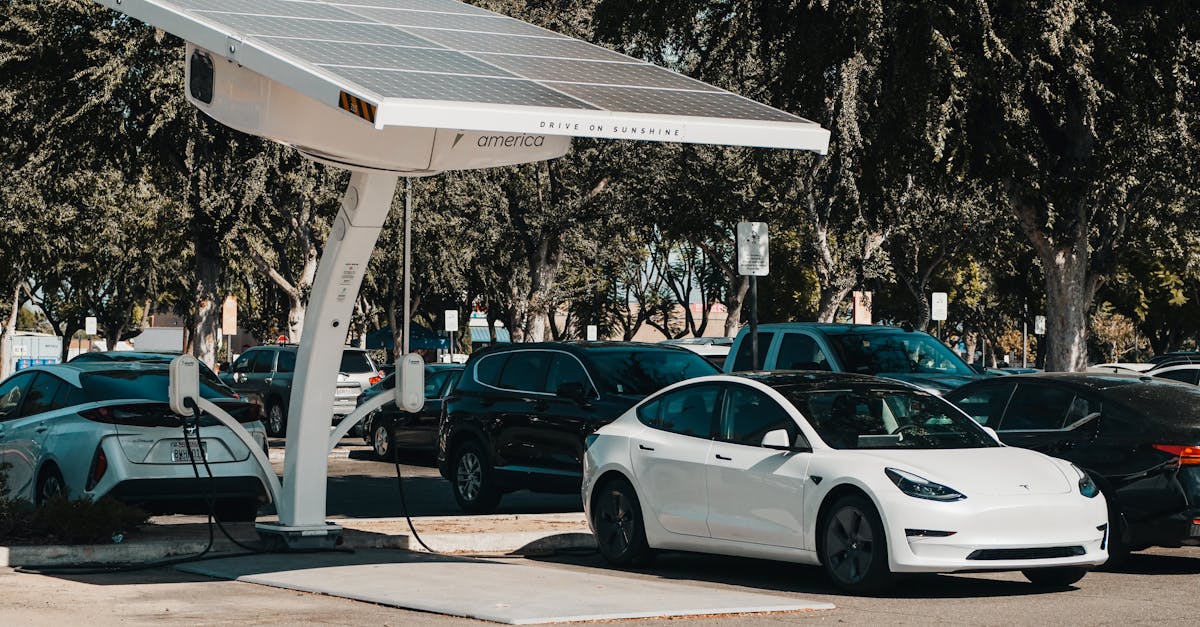
Introduction
Electric cars have shifted from being futuristic concepts to reality, carving a solid niche in the global automotive market. As nations strive to meet climate goals, the demand for environmentally friendly transport options has seen exponential growth. Electric vehicles (EVs) are at the forefront, promising a reduction in carbon footprints and a move away from fossil fuels. Technology advancements have rapidly improved their efficiency, affordability, and accessibility. So, what does the future hold for this ever-evolving industry? In this article, we explore the upcoming trends, innovations, and the hurdles that lie ahead for electric vehicles.
Advancements in Battery Technology
One of the cornerstone developments in the EV sector is the evolution of battery technology. Companies are investing heavily in research to enhance energy density, lifespan, and charging speed. Solid-state batteries, with their promise of higher efficiency and safety, are on the horizon and could revolutionize the market. The quest to decrease reliance on rare-earth materials in batteries additionally sparks interest. Enhanced recycling methods will not only make battery production more sustainable but also cut down the costs significantly, making EVs more economically viable for the masses.
The Rise of Autonomous EVs
Combining electric power with autonomous capabilities is the next frontier in the car industry. Companies like Tesla, Google, and traditional automakers such as Ford and General Motors are all in the race. Self-driving electric vehicles promise to redefine freedom of transport, enhance road safety, and optimize energy consumption. The potential of networked autonomous fleets, especially in urban mobility and logistics, could disrupt current transportation frameworks, making it more efficient and environmentally friendly.
Challenges of Infrastructure Development
Despite the anticipated advancements, infrastructure remains a significant bottleneck for electric vehicles. Charging stations are pivotal for ensuring accessibility, yet their availability varies considerably. Stakeholders must collaborate to build robust networks that cater to urban and rural needs alike. Developing standardized fast-charging systems can reduce charging times significantly, encouraging more to switch to electric. However, this requires substantial investment and strategic planning to align with the increasing EV adoption rates.
Energy Grid Integration
As EV numbers rise, there is a concern about the strain they might impose on power grids. Developing smart grids capable of accommodating electric vehicles without causing disruptions is crucial. Vehicle-to-grid (V2G) technology, which allows cars to supply electricity back to grids during peak usage times, could play a crucial role. This not only supports grid stability but incentivizes EV owners through potential cost reductions, making electric vehicle ownership even more appealing.
Policy and Regulation Impact
Government policies and regulations continue to significantly influence the adoption rates of electric vehicles. Incentives like tax breaks, subsidies, and rebates have propelled their purchase. In contrast, restrictions on gasoline and diesel vehicles pave the way for a greener fleet. The carbon credits market offers additional financial incentives for manufacturers, promoting the production of more sustainable vehicles. Tracking how these regulatory frameworks evolve will be essential in understanding the future trajectory of electric vehicles.
Sustainability and Environmental Impact
While electric vehicles offer a cleaner alternative to traditional cars, their environmental footprint is not entirely negligible. The production and disposal of batteries present challenges. However, initiatives aiming at a circular economy, where recycling and reusing components become standard practice, hold promise. Renewable energy sources should power charging stations to genuinely translate the concept of EVs being 'green.' The holistic approach to sustainability, from production through disposal, is vital for genuine environmental benefits.
The Role of Automotive Giants
Major automotive manufacturers are altering their strategic alignments to embrace the EV revolution. Aligning innovation with consumer demand will be crucial. Brands like Toyota, Volkswagen, and BMW are setting ambitious targets for EV sales and development, coupled with collaborations with tech companies for autonomous technologies. Seeing how these traditional giants transition to embracing electrification while maintaining brand identity and customer trust will be a fascinating journey.
Consumer Perception and Adoption
The consumer's role in shaping future trends is undeniable. Overcoming range anxiety, understanding the benefits of cost savings on fuel, and comprehending the long-term environmental benefits are key hurdles. Educational campaigns and transparent information dissemination about EV benefits and innovations could accelerate adoption rates. Similarly, advancements towards more lucrative aesthetic designs offer appeal beyond practicality and sustainability, engaging a broader market.
Conclusion
The future of electric cars is bright, brimming with technological advancements and societal shifts toward greener living. As battery and autonomous driving technologies progress, the appeal and viability of electric vehicles will only increase. Combining infrastructure and regulation efforts with innovative solutions like V2G can address potential challenges. By prioritizing sustainability in every aspect of production and usage, the promise of cleaner, more efficient transport is within reach. Building a future where electric cars dominate requires collective effort from industries, governments, and consumers alike.